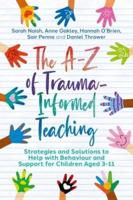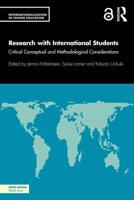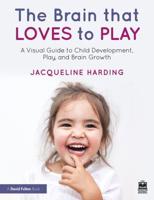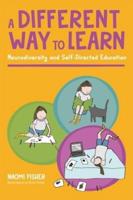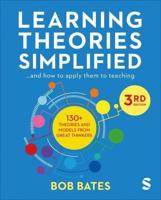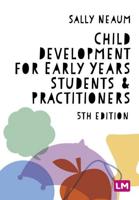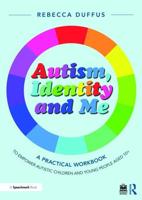Publisher's Synopsis
Essay from the year 2013 in the subject Pedagogy - Science, Theory, Anthropology, grade: 65, University of Cambridge, language: English, abstract: Kinship is grounded in biological facts. It is based on the undeniable, universal reality of biological rules - a child is related to two parents of different sex - and concerned about how sociological structures - who cares for the child? - map on to this. This view of kinship as the hard science of biology for a long time had ardent supporters, Morgan and Gellner among them. The exceptions - adoption for instance - that even Morgan and Gellner admitted to this rule of 'biology only' soon took got the upper hand. However, alternatives were not immediately at hand. Needham and after him Schneider argued for the death of kinship as a whole while already very early Durkheim and Rivers search for a solution in a recourse to 'social kinship'. It took another couple of decades, however, until scholars such as Bloch/Guggenheim and Clarke fully developed a repertoire for analysing social kinship in terms of for instance nurture and care. Problematic in all those accounts was merely one thing: they did not deal with the dichotomy between nature and culture, between biological and social kinship. Carstens tries to address this shortcoming with her more dynamic notion of 'relatedness' mapped onto Latourian networks. The final question, however, remains: are we really developing towards a 'hybrid idea' if kinship between biological and social relations?

